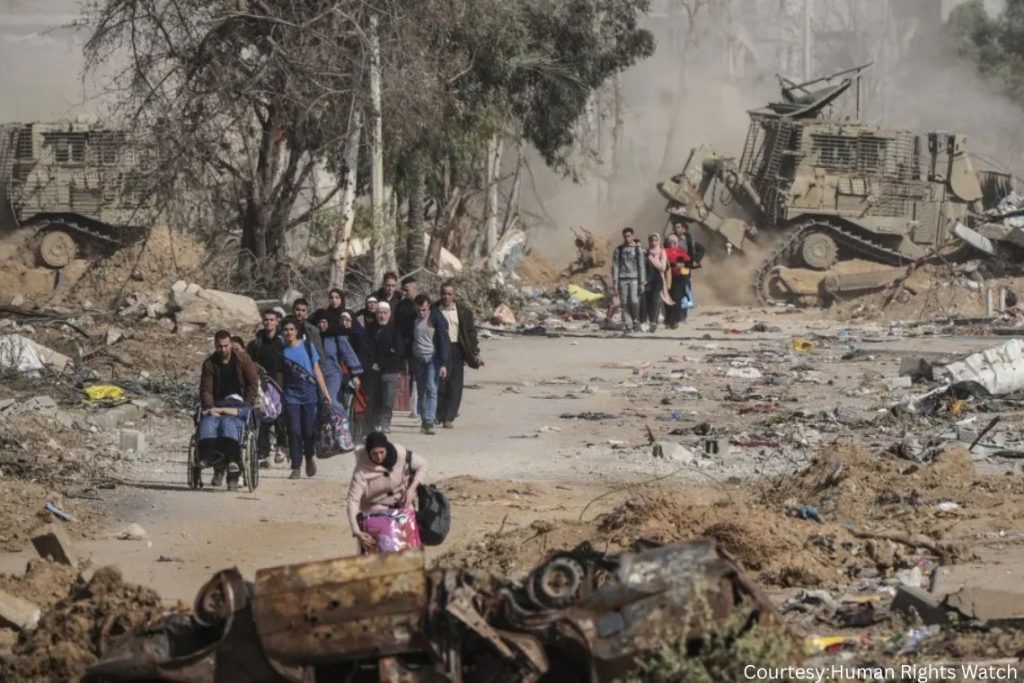GAZA/JERUSALEM – Amid a deepening humanitarian catastrophe, Israeli forces have once again come under international scrutiny after reportedly killing at least 72 Palestinians during multiple strikes on aid-seeking civilians in the besieged Gaza Strip.
The latest wave of violence unfolded near aid distribution points in central and southern Gaza, where witnesses described scenes of panic and carnage as tanks and drones targeted crowds waiting for food and water. Local health authorities confirmed the deaths, with over 100 others injured—many critically.
The Israeli military maintains that the areas in question were “active combat zones” and claims that troops responded to perceived threats. However, rights organizations and humanitarian agencies have condemned the pattern of repeated strikes on civilians as a blatant violation of international law.
In a region already teetering on the edge of famine, the targeting of people seeking essential aid has sparked outrage. Medical workers described transporting wounded individuals in donkey carts due to destroyed infrastructure and a lack of ambulances. “There were no weapons, just people trying to survive,” one paramedic told reporters.
The death toll from aid-related incidents has surged since late May, when new distribution mechanisms were introduced. Humanitarian groups say over 300 civilians have been killed while trying to access aid since then. The World Health Organization has called these attacks “unacceptable,” warning of mass casualty events becoming routine.
Inside Israel, government officials continue to frame the military campaign as a matter of national security. Prime Minister Benjamin Netanyahu has offered no public comment on the latest deaths but has consistently emphasized the necessity of operations to neutralize what the IDF terms “Hamas operatives embedded among civilians.”
Backlash, however, is growing abroad. UN bodies and European governments have expressed alarm, while grassroots protests are intensifying in major capitals across the globe. Analysts warn that these repeated episodes could further isolate Israel diplomatically and erode its long-standing alliances.
With more than 55,000 Palestinians killed since the start of hostilities and much of Gaza reduced to rubble, international calls for a ceasefire are once again gaining traction. Yet, on the ground, aid lines remain deadly, and the human cost continues to mount.
As the world watches, a critical question remains: how long can the humanitarian toll be overshadowed by military narratives?
Reported by PakTribune. All rights reserved.


